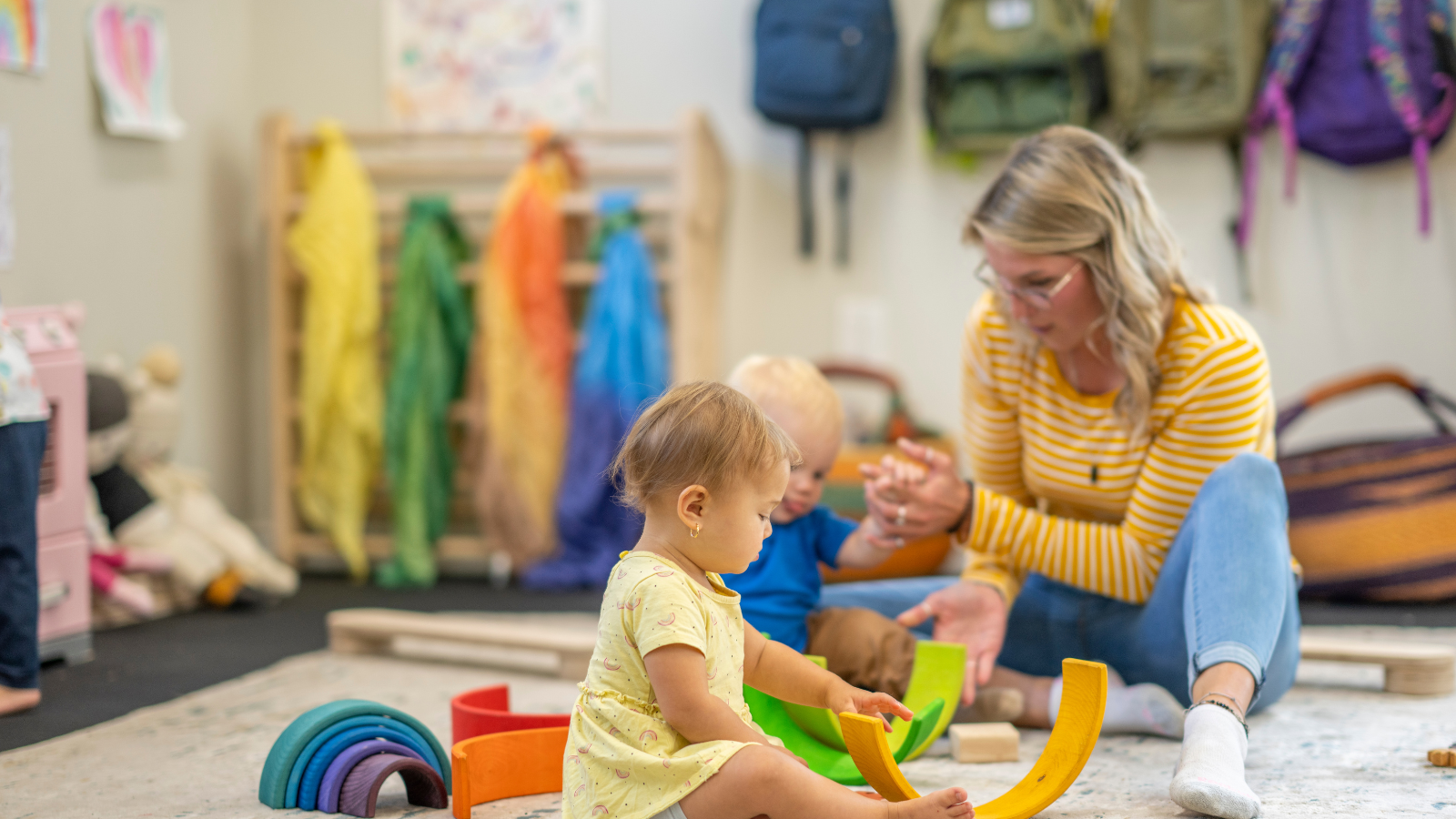Key Takeaway:
- Listening skills are essential for effective communication, academic success, and social interactions. Engaging children through attentive practices can significantly enhance their ability to understand and respond appropriately.
Why Are Listening Skills Important?
Listening skills form the foundation of effective communication. These skills are crucial for children in various aspects of their lives, including academic settings, social interactions, and problem-solving situations.
1. Academic Success:
Good listening skills directly impact a child’s academic performance. When children listen attentively, they can follow instructions more effectively, absorb information during lessons, and actively participate in classroom discussions. Research indicates that students who are proficient listeners tend to achieve higher grades and demonstrate a greater understanding of the material presented in class. This ability not only helps in absorbing knowledge but also in applying it during tests and assignments.
2. Social Interactions:
Listening helps build empathy and understanding in relationships, which are essential for making strong friendships. When children listen well, they can better understand the feelings and views of their friends, making them better friends and teammates. By practicing active listening, kids learn to appreciate what others feel and think, leading to deeper connections and fewer arguments. This skill also helps children handle social situations better to know how to appropriately respond to their peers.
3. Problem-Solving:
Effective listening helps children think critically and solve problems. When kids listen well, they can find the cause of a problem, see things from different points of view, and share their ideas for solutions. This skill is essential not just in school but also in daily life, where disagreements can happen. Children who listen and understand different opinions are usually better at resolving conflicts and working together with others.
Ready to give your child the best start?
Paramus Daycare prioritizes your child’s safety and development with our engaging curriculum and secure facilities. Enroll now and watch your little one thrive!
7 Effective Ways to Teach Children Listening Skills
Teaching children to listen effectively requires patience and practice. Here are seven effective strategies to help develop these essential skills:
1. Model Active Listening
One of the most effective ways to teach children listening skills is to model active listening yourself. Show them what it means to listen attentively by maintaining eye contact, nodding, and responding thoughtfully during conversations. For instance, when your child speaks to you, throw away distractions like your phone or television and focus totally on them. Use verbal affirmations, such as “I see” or “Tell me more,” to encourage them to share their thoughts. Children who see adults practicing active listening are more likely to imitate these behaviors, creating a foundation of effective communication within the home.
2. Engage Through Storytelling
Storytelling is a great way to grab children’s attention and help them improve their listening skills. Use exciting stories that ask kids to follow along and answer questions about the details or themes. This keeps them entertained and teaches them to pay attention to how the story flows and its main points. You may inquire, for instance, “What happened to the main character?” after finishing a narrative. ” or “How did the story end?” This helps them listen carefully and remember information, making it easier to understand what they heard.
3. Play Listening Games
Incorporate games that emphasize listening to make learning fun and interactive. Games like “Simon Says,” “Telephone,” or even simple musical chairs require children to listen closely to instructions or cues. These activities provide an enjoyable way for children to practice their listening skills in a playful setting. For instance, during “Simon Says,” children must listen carefully to differentiate between commands that include “Simon says” and those that do not, reinforcing their attentiveness and response skills.
4. Give Clear Instructions
Clarity is key when providing directions. Ensure your instructions are concise and straightforward. After giving directions, encourage children to repeat what they heard to reinforce their understanding and active listening. For example, if you ask them to fetch their shoes and put them on, ask them to repeat the steps to you: “What did I ask you to do?” This practice confirms their understanding and allows them to process the information thoroughly.
5. Create a Distraction-Free Environment
Minimizing distractions during conversations is crucial for compelling listening. Establish a calm and quiet environment that lets children focus better on the speaker and the message. Set aside specific times for essential discussions, free from background noise, screen time, or interruptions. For instance, during family meals or dedicated discussion times, ensure that all devices are put away, allowing for deeper engagement and connection.
6. Use Visual Aids
Use visual aids when teaching new ideas or sharing information. Pictures, charts, and diagrams can help kids understand and remember what they learn, strengthening their listening skills. For example, show images or graphs that relate to the topic you’re discussing. This is especially helpful for visual learners, as it helps them connect what they hear with what they see.
7. Encourage Questions
Create a setting where asking questions is encouraged. This shows that children are actively listening and helps deepen their understanding of the topic being discussed.Encourage a culture of inquiry by asking them to ask questions like, “Can you explain that a little more?” or “What do you think will happen next?” This practice encourages critical thinking and active engagement, allowing children to explore ideas more deeply.
Packed with fun activities and practical tips, this guide will help your child build confidence while learning
Frequently Asked Questions (FAQ)
Q: How can I tell if my child is listening?
A: Look for signs such as eye contact, nodding, and the ability to repeat back information or answer questions about what was said. Additionally, pay attention to their body language; children who are engaged typically lean slightly forward or maintain a relaxed posture.
Q: What age should I start teaching listening skills?
A: You can begin teaching listening skills as early as preschool. Simple activities and games can be effective at this age. Introducing listening exercises through playful interactions will set the stage for more complex listening tasks as they grow older.
Q: How do I keep my child engaged while listening?
A: Use interactive storytelling, visual aids, and engaging questions to keep your child’s attention focused during discussions. Tailor your approach based on their interests; for instance, if they love animals, incorporate animal stories to capture their interest more effectively.
Q: What should I do if my child struggles with listening?
A: Be patient and practice consistently. Incorporate fun activities and games to make learning listening skills enjoyable. If challenges persist, consider breaking tasks into smaller, manageable parts to help them focus and understand better.
Conclusion
Hearing words is only one aspect of listening; it also entails comprehending, interpreting, and responding to the information presented. By actively teaching and reinforcing listening skills, we equip our children with essential tools to serve them well throughout their lives. From improving academic performance to fostering healthy social relationships, effective listening is integral to a child’s overall development.
Through the application of these techniques, you can cultivate your child’s listening skills, paving the way for better communication and understanding in all areas of their lives. Remember, the foundation of effective communication starts with listening, and as you engage with your child in these practices, you are helping them build a crucial ability that will help them for years to come
In conclusion, prioritize listening skills in your child’s development, and watch them flourish as confident communicators, empathetic friends, and effective problem-solvers. Your investment in their listening abilities today will yield significant dividends in their future interactions and achievements.





